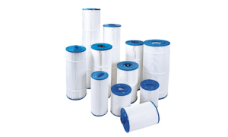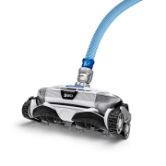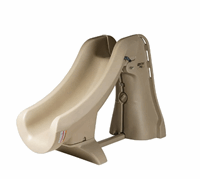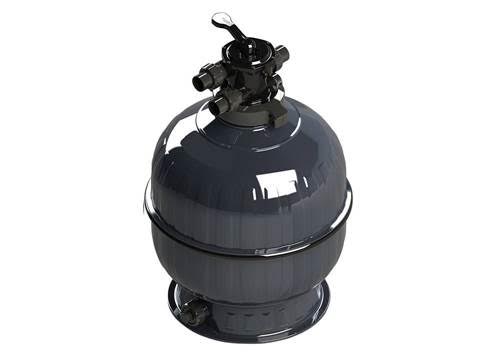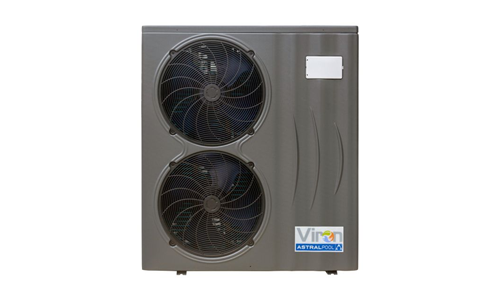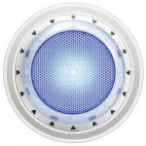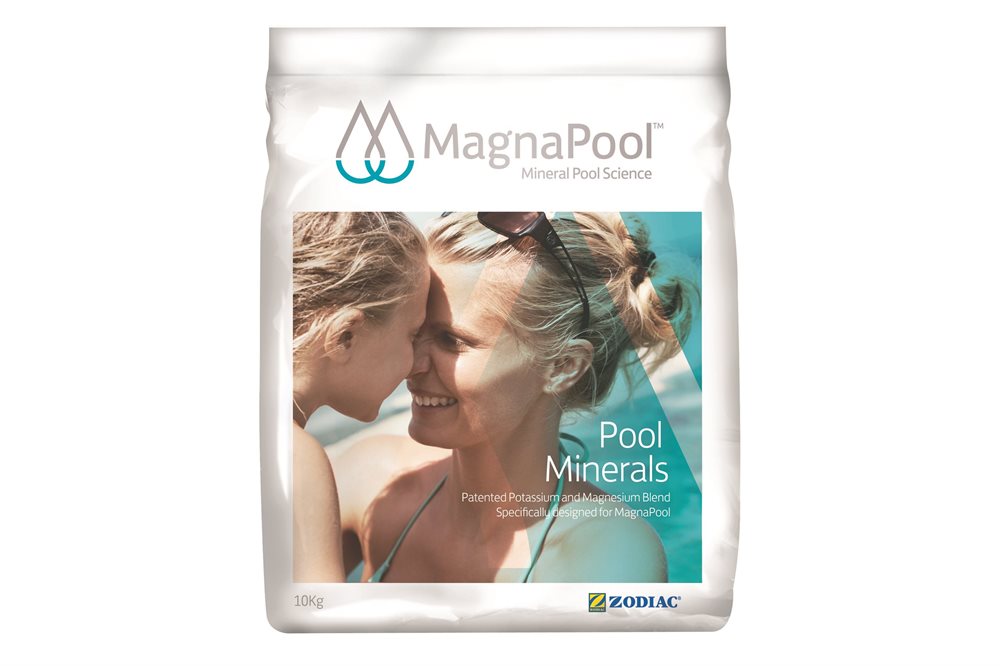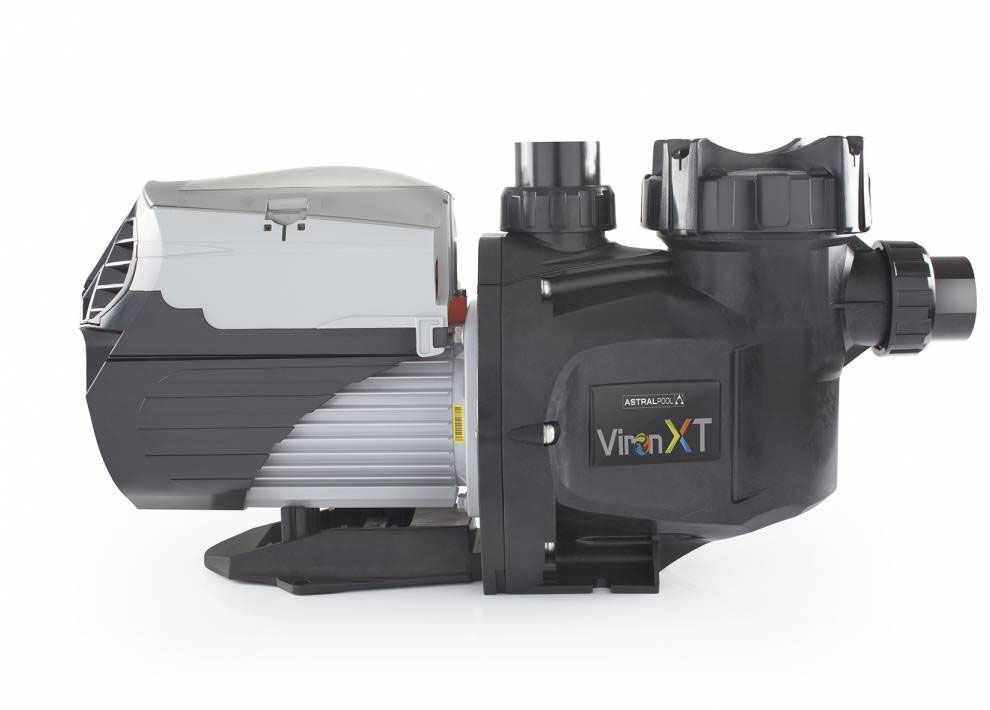
“Pool Party Showdown: Mineral vs. Chlorine – The Battle for Aquatic Bliss!”
When it comes to creating a refreshing oasis in your backyard, the choice between a mineral pool and a chlorine pool is worth considering. Each option has its own set of benefits and drawbacks, and understanding them can help you make an informed decision that suits your lifestyle and preferences. Here we’ll delve into the pros and cons of mineral pools and chlorine pools, providing you with the knowledge to select the ideal option for your backyard.
Mineral Pools: Mineral pools have gained popularity in recent years due to their natural and eco-friendly approach to water treatment. Here are some advantages and disadvantages to consider:
Pros:
- Soothing and gentle on the skin: Mineral pools contain elements like magnesium, potassium, and calcium, which can have a calming effect on the skin. They may help alleviate skin irritations and leave you with a softer, smoother feel.
- Reduced chemical usage: Mineral pools typically require fewer chemical additives compared to chlorine pools, resulting in a gentler swimming environment.
- Low maintenance: With fewer chemicals needed, mineral pools often require less maintenance, saving you time and effort.
- Eco-friendly: Mineral pools offer a more environmentally friendly alternative, as they utilize natural minerals instead of harsh chemicals.
Cons:
- Higher upfront cost: The initial investment for a mineral pool can be higher than that of a chlorine pool due to the specialized equipment and minerals required.
- Limited sanitizing power: While mineral systems can effectively sanitize pool water, they may not be as potent as chlorine in eliminating certain types of bacteria and algae. Regular monitoring and maintenance are crucial to ensure water quality.
Chlorine Pools: Chlorine pools have long been the traditional choice for pool owners. Here are some advantages and disadvantages to consider:
Pros:
- Strong sanitizing properties: Chlorine is a powerful disinfectant that effectively kills bacteria, viruses, and algae, ensuring the safety and hygiene of the pool water.
- Wide availability: Chlorine is readily accessible, making it convenient to maintain and adjust the chemical balance in your pool.
- Lower upfront cost: Chlorine pools generally have a lower initial cost compared to mineral pools, making them a more budget-friendly option.
Cons:
- Harsh on skin and eyes: Chlorine can cause skin and eye irritations for some individuals, especially in higher concentrations.
- Chemical odor and taste: Chlorine pools may have a distinct odor and taste due to the chemicals used. Some people find this off-putting.
- Regular monitoring and maintenance: Chlorine levels need to be monitored regularly to ensure proper sanitization. Balancing pH levels and managing chemical additives can require more effort and time.
Choosing the Right Pool for Your Home: Now that we’ve explored the pros and cons of mineral pools and chlorine pools, you may be wondering how to decide which one is best for your home. Here are a few factors to consider:
- Skin sensitivity: If you or your family members have sensitive skin or allergies, a mineral pool may provide a gentler and more soothing swimming experience.
- Environmental impact: If you prioritize eco-friendliness and reducing chemical usage, a mineral pool might align better with your values.
- Upfront cost and maintenance: Assess your budget and the amount of time you’re willing to invest in pool maintenance. Mineral pools may require a higher initial investment but generally demand less maintenance over time.
Ultimately, the choice between a mineral pool and a chlorine pool depends on your personal preferences, priorities, and circumstances. So chat to us and we can help you make the right choice your family.
So dive in, make an informed choice, and create a refreshing oasis that suits your needs and desires.
Did you know that you may be able to transform your existing pool or spa into a mineral pool? It’s much easier than you think.

